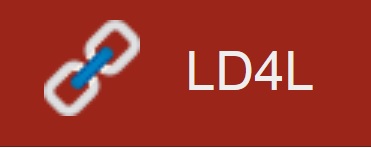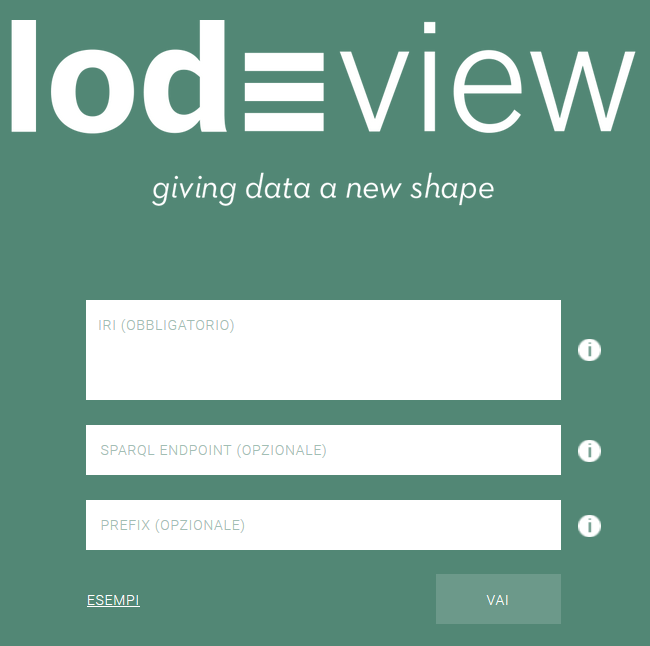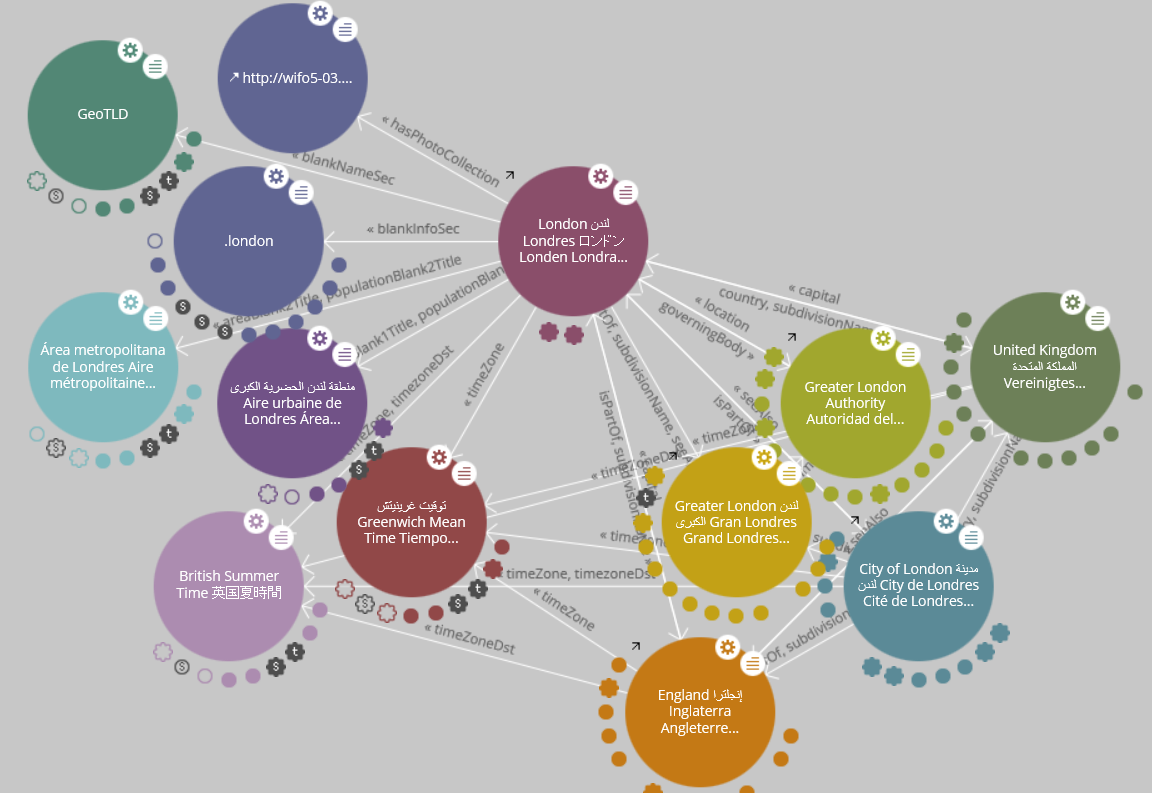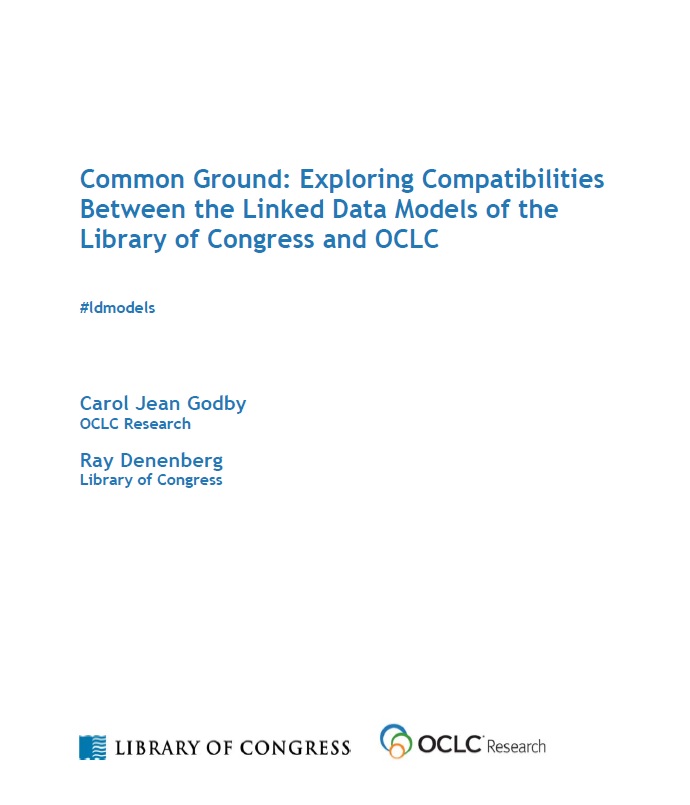Linked Data for Libraries (LD4L)
Linked Data for Libraries (LD4L) is a collaboration project of the Cornell University Library, the Harvard Library Innovation Lab, and the Stanford University Libraries, that began at 2014 with a two-year Andrew W. Mellon Foundation’s grant of $1 million dollar and this year has concluded its first research phase.
The news is that the Andrew W. Mellon Foundation has renewed this grant with $1.5 million dollar (2016-2018) and has extended it to two other projects: the Linked Data for Libraries Labs (LD4L Labs), headed by Cornell, and the Linked Data for Production (LD4P), headed by Stanford. In this way, there is a LD4L Gateway that includes the three projects.
The goal of the former LD4L project was to create triple stores called Scholarly Resource Semantic Information Store (SRSIS) model based on BIBFRAME, to link bibliographic data (MARC21 transformation), person data, and usage data, and to connect library resources with institutional and other data on the web.
On its behalf, the LD4L Labs project is focused on developing and support “tools for linked data creation and editing, the bulk conversion of existing metadata to linked data, and a common system to support initial work in entity resolution and reconciliation”.
Finally, the goal of the LD4P is to begin the transition of technical services production workflows to ones based in Linked Open Data (LOD). This first phase of the transition will focus on the development of the ability to produce metadata as LOD communally, the extension of the BIBFRAME ontology to encompass the many resource formats that libraries must process, and the engagement of the broader library community to ensure a sustainable and extensible environment.
As you see, three leading projects on the library Linked Data arena!
Enjoy it!
Andreu Sulé
University of Barcelona





 Hello,
Hello,